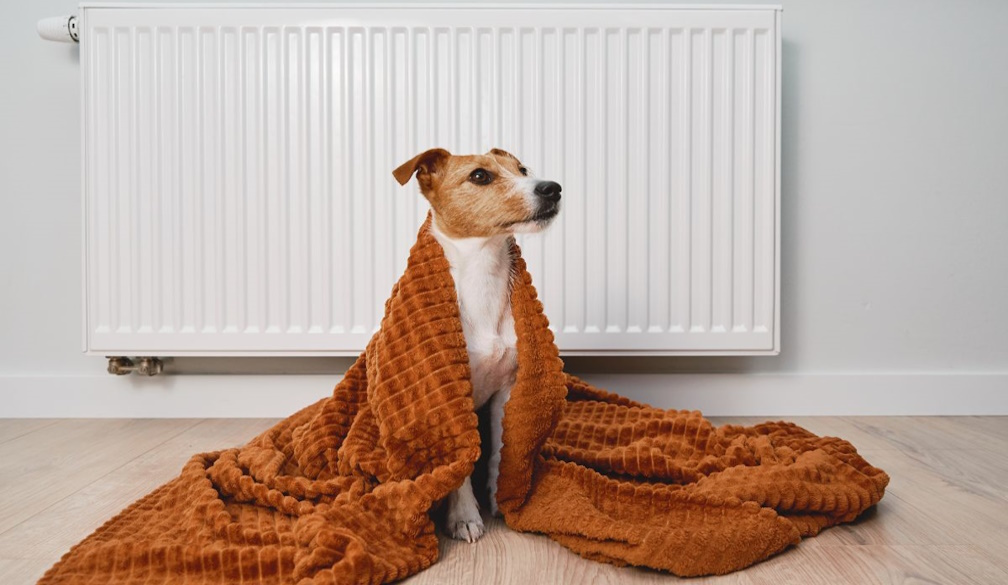Gas vs Electric Ducted Heating: What’s Right for Your Melbourne Home?

If you're renovating or upgrading your heating system in Melbourne, there's an important decision to make: gas ducted heating vs electric ducted heating. With Victoria's shift toward renewable energy and the ongoing phase-out of gas, many homeowners are reconsidering how they heat their homes.
In this article, we break down the differences between gas and electric ducted heating systems, with a focus on performance, costs, efficiency, and long-term suitability for Melbourne homes.
1. Understanding the Systems
Gas Ducted Heating:
A gas ducted system draws cold air through a return grille, heats it using a gas furnace, and distributes warm air through ductwork in the ceiling or underfloor vents. It operates independently of your cooling system.
Electric Ducted Heating (Reverse Cycle):
These systems use a reverse cycle air conditioner (a heat pump) to both heat and cool your home. The system extracts ambient heat from outside air (even in winter) and uses refrigerant to warm the air before sending it through ducts.
2. Heating Performance in Melbourne's Climate
Melbourne's winters are cold, but not extreme by global standards. Temperatures typically range from 6°C to 14°C in winter, making electric reverse cycle systems ideal. Modern electric ducted heating with inverter technology operates efficiently even in sub-5°C conditions.
In contrast, gas ducted heaters can provide rapid heating and are effective in colder climates. However, for most Melbourne homes, the extra heat output isn't necessary, and electric systems can maintain comfortable indoor temperatures at a lower operating cost.
3. Installation Considerations
Gas Ducted Heating:
- Often installed underfloor in older homes
- Requires a connection to the gas network
- May not be compatible with existing cooling systems
Electric Ducted Heating:
- Installed in roof space (ceiling cavity)
- Dual-purpose: heating and cooling in one system
- Requires space for an outdoor unit and may require electrical upgrades in older homes
If you’re building a new home or renovating, electric systems are more future proof and easier to integrate with modern smart controls.
4. Running Costs & Energy Efficiency
Gas Heating Costs:
Gas prices in Victoria have increased significantly over the past decade. Gas ducted heaters are less efficient compared to reverse cycle systems, particularly if you have an older 3-star unit.
Electric Heating Costs:
Reverse cycle systems are among the most efficient heating options available, with Coefficient of Performance (COP) ratings often above 3.0 (i.e., 1 kW of electricity delivers 3+ kW of heat).
If you have solar panels, electric heating becomes even more attractive. Daytime heating costs can be close to zero, and newer systems can integrate with smart home or solar monitoring systems to optimise energy use.
5. Environmental Impact
Victoria has committed to reducing its reliance on gas under the Gas Substitution Roadmap. This initiative encourages homes and businesses to switch to electric appliances powered by an increasingly renewable electricity grid.
Electric ducted heating aligns with these sustainability goals and contributes to lower household emissions. Conversely, gas heating continues to emit carbon dioxide and other pollutants, and future restrictions or carbon pricing may make it even less cost-effective.
6. Government Rebates and Incentives
Victoria offers generous rebates for switching from gas to electric ducted systems. Through the Victorian Energy Upgrades (VEU) program, households may be eligible for rebates of up to $5,000 depending on the system and installation details.
These rebates often require the replacement of an existing gas ducted system with a qualifying high-efficiency electric system.
It’s also worth exploring:
- Solar Victoria incentives if you’re pairing your HVAC upgrade with solar
- Interest-free loans for energy-efficient home upgrades
Be sure to consult a licensed installer familiar with the latest rebate schemes and paperwork.
7. Maintenance and Longevity
Gas Systems:
- Require regular servicing to prevent carbon monoxide leaks
- Burner and flue components may wear out over time
- Lifespan: 10–15 years, depending on model and maintenance
Electric Systems:
- Lower maintenance, particularly with inverter systems
- No risk of gas leaks or combustion issues
- Lifespan: typically 12–20 years with proper servicing
Overall, electric ducted systems are safer and cheaper to maintain, particularly in homes without existing gas appliances.
8. Suitability for Your Melbourne Home
Gas ducted heating may still be appropriate if:
- You already have gas appliances and a well-maintained ducted heater
- You live in an area with limited roof space and easy access to underfloor ducts
- You’re not planning to install cooling or upgrade other systems
Electric ducted heating is the better option if:
- You’re building or renovating
- You want a single system for both heating and cooling
- You have or plan to install solar panels
- You want to reduce energy bills and emissions
Conclusion: Make the Switch With Confidence
For most Melbourne homeowners, electric ducted heating offers a cleaner, smarter, and more economical solution. It aligns with government policies, reduces your carbon footprint, and offers year-round comfort through both heating and cooling.
If you're unsure which system is right for your home, speak with a qualified HVAC installer who can assess your layout, electrical capacity, and heating needs.










